| What character have you played in the early chapters of the dystopian novel we’re all living? Were you the sensible one whom the others ridicule or were you, like me, the seven-stone weakling who follows the trail into the ramshackle warehouse without telling her colleagues where she’s going or charging her phone? Although I’ve contracted no symptoms and stuck to the letter of the law, I look back in horror on my attitude of only a month ago; I ought to have been more cautious right from the start. |
Denial
Our species is unique in our knowledge that our story will come to an end. Yet we live as if we’re immortal, banishing unpleasant realities from our minds. It’s automatic, normal and natural, and often adaptive: some research shows that depressed people are actually more realistic than those who aren’t depressed. A powerful defence that can contribute to our mental well-being can also trip us up.
Remember the footage from Wuhan? Did you brush it off as something that could only happen over there? I realise now that, at the time I was shocked at the death of the doctor who’d been forced to retract his initial warnings, I was personally and politically mired in denial myself. When the first case in Britain was reported, I passed it off as an aberration, even though part of me knew it would be impossible to trace all contacts of the Chinese tourists who fell ill in York.
Meanwhile, the government was briefing on herd immunity which seemed to make sense at the time. When I received my first email of an event cancellation – in which the organisers acknowledged they might be being “overly cautious” – I was about to gather with over a hundred others for a joyful choral day. (However, we can speculate that the organisers knew what was coming when they chose the piece: Elgar’s The Music Makers, which is about all creatives, pre-empts social distancing with a line about being compelled to live a little apart.)
Three weeks later, although we’d stopped hugging, I was still meeting up with friends. And only one person in my – admittedly small – social circle was scared.
Optimism isn’t always a virtue
When someone succumbs, fear is inevitable, but there’s a widespread delusion that a positive attitude pays dividends. The messages of support for our stricken Prime Minister as he went into hospital invoked a kind of martial courage; a metaphor that raises its ugly head in the cancer narrative, a particularly cruel legacy for the friends and family of those who fail to survive. When Wednesday’s news briefing described the PM as sitting up in bed and engaging positively, perhaps only the pessimists noted that sitting up is not necessarily a sign of progress in an illness that targets the lungs. But it’s a seductive message: when we’re vulnerable, we’re prone to the illusion of control.
Fortunately, it’s almost impossible now to deny the threat that faces us, and most stay safe indoors. There might be a range of reasons a minority flouts the regulations, but I imagine a misplaced optimism plays a part. We shouldn’t be surprised (although I am) that a government determined to Get Brexit Done! and to be upbeat about it, despite the obvious disadvantages, would be relaxed in its preparations for a pandemic. I’m more shocked, and disappointed, that the chief medical officer advising the Scottish government should travel to her second home in defiance of her own rhetoric. Perhaps she should have heeded her compatriot, Eddi Reader, who sang about deluding ourselves we’re the exception. Spoiler alert: we are not!
Balancing optimism and pessimism
To resist the undoubted temptations to escape the lockdown, we need to set aside our natural inclination towards denial and accept that the worst-case scenario could be our future. One of those statistics could be us, or a member of our family, or an unfortunate healthcare worker who has to treat us. As our hapless prime minister has hopefully discovered, there are no exceptions. You know this. I know this. So what next?
If pessimism keeps us safe from contracting and/or passing on the virus, bring it on! But not so much that we slump into depression. Once we’re miserable enough to bring up the drawbridge, worrying won’t make a jot of difference to whether we get through. Of course, switching off our anxiety is easier said than done but, misplaced or otherwise, we need our optimism to keep us indoors.
| If you’re reading this, you’ll have access to a range of resources via the internet: gallows humour (a great form of denial); distraction (another useful defence); doing those jobs we wouldn’t otherwise have had time to do. Routine and purposeful activity are valuable ways of warding off depression but what seems most vital at this time is to do whatever feels right for you. Of course, I’d love for you to read one of my books or one of my other posts on the coronavirus pandemic but your best defence is working out what’s right for you and any others in your household. |
If you’re planning to spend time reading, I have two posts out this week with lockdown recommendations: one focusing on literary fiction and the other celebrating the diversity of books available from my publisher, Inspired Quill.
A light-hearted story about a midlife crisis, featuring estate agents, a record shop and a Roger Daltrey lookalike, from my 2018 short story collection on the theme of identity, Becoming Someone.
| I’d been thinking about how confusing it must be for patients with dementia right now if they wake up in intensive care. Indeed, severe illness can muddle the best minds. So it’s a small step from this week’s flash fiction challenge to the deluded heroine of my forthcoming novel, Matilda Windsor Is Coming Home, about a brother and sister separated for fifty years against the backdrop of the longstay psychiatric hospital closures. I’m pleased with my 99-word story, but there’s a technical flaw I wouldn’t allow in the novel. I wonder if you can spot it? |
Matty has been abducted by aliens. She lies on her back, examined by spacemen, her lungs fit to burst on their oxygen-depleted rock. Matty has been rescued by welders. They will fuse the parts of her windpipe that have rusted and split. Matty is backstage, amid mumbling servants in fancy dress. Preparing for a new production, a mime for Easter, a Passion play. Naturally, Matty is the star.
The star? The chosen one? God’s only child, Jesus Christ? Matty does not want to be crucified. She struggles. She spits. “Shield your face!” says an alien. A welder? A nurse?
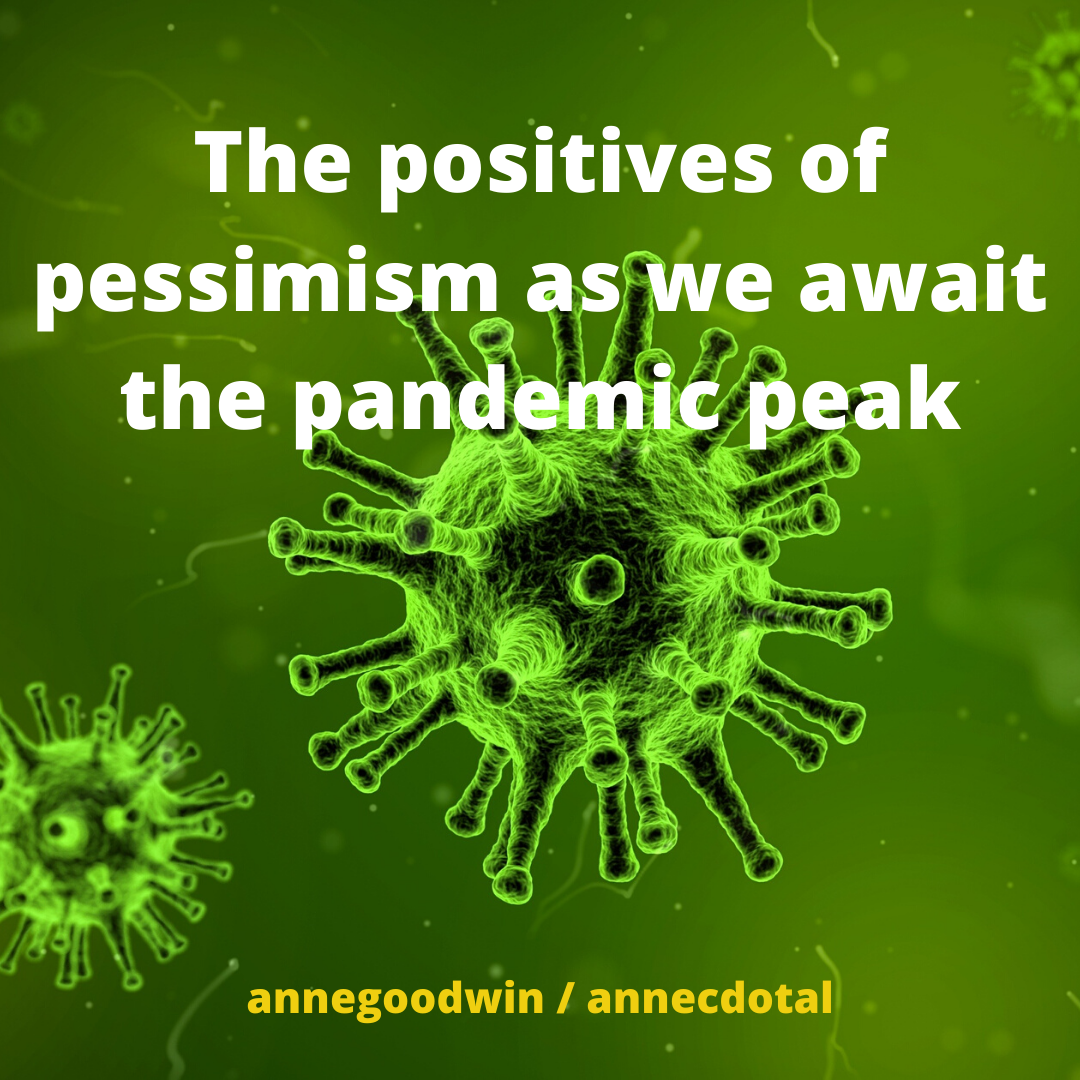
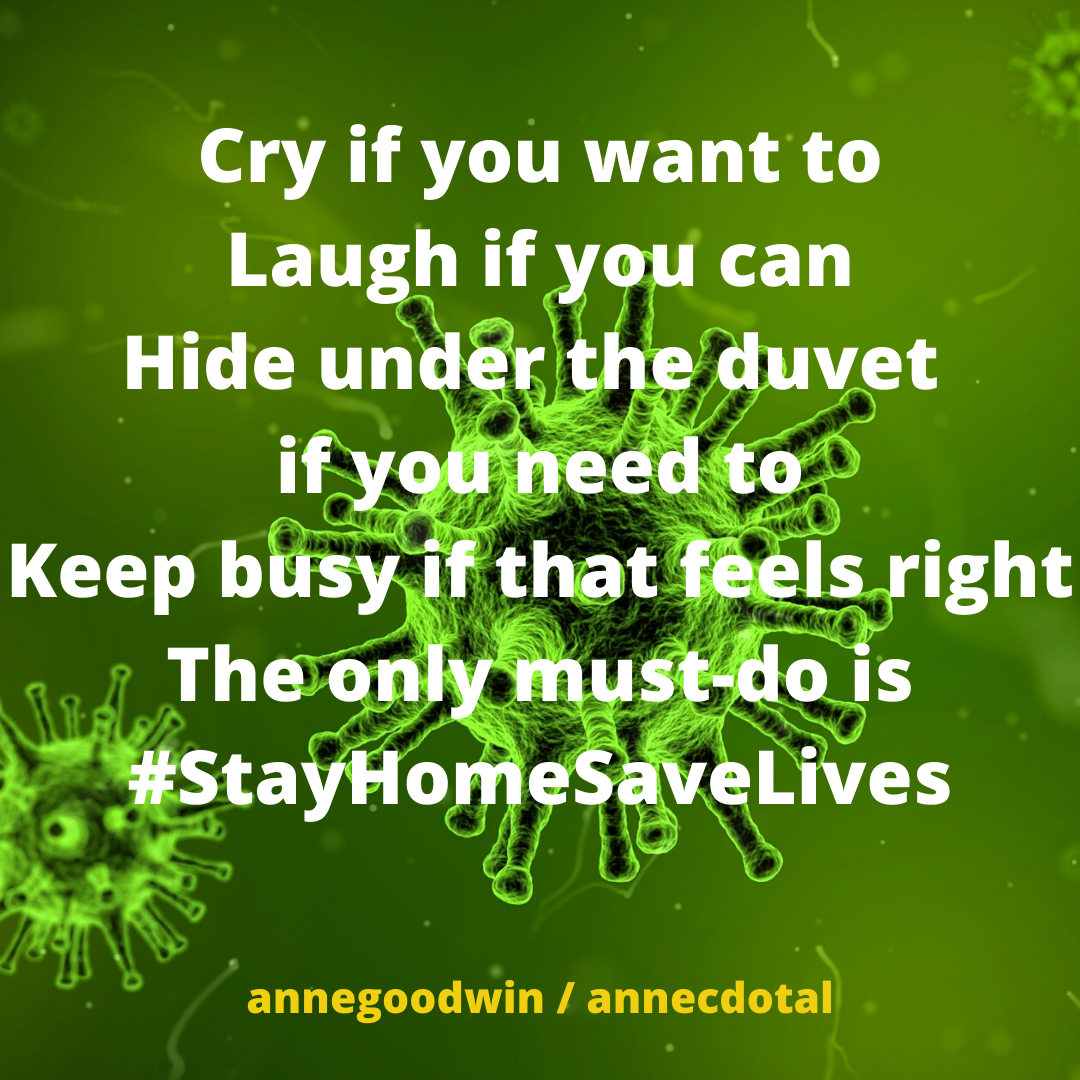
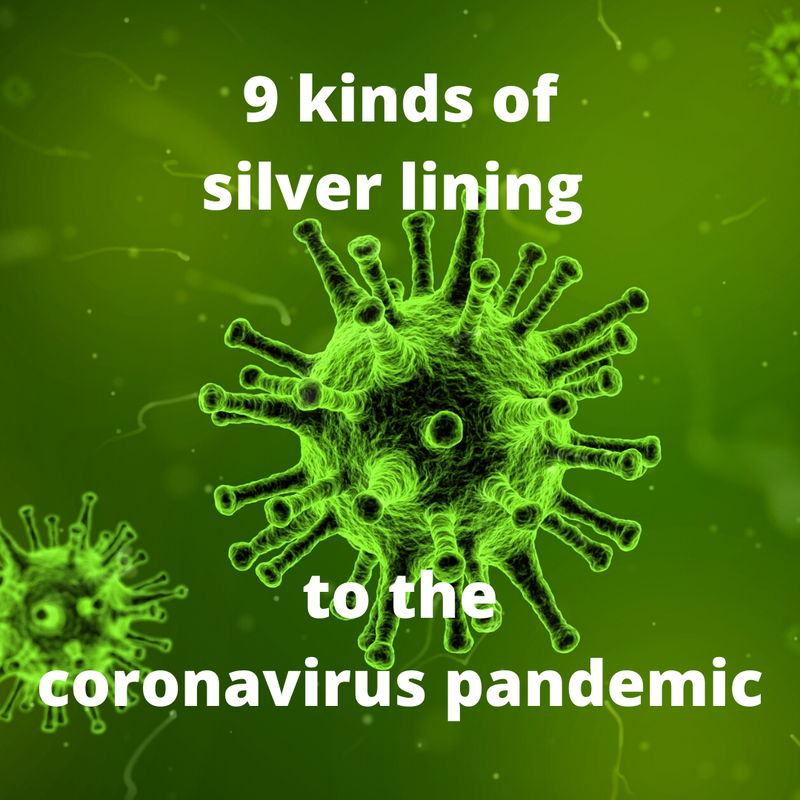
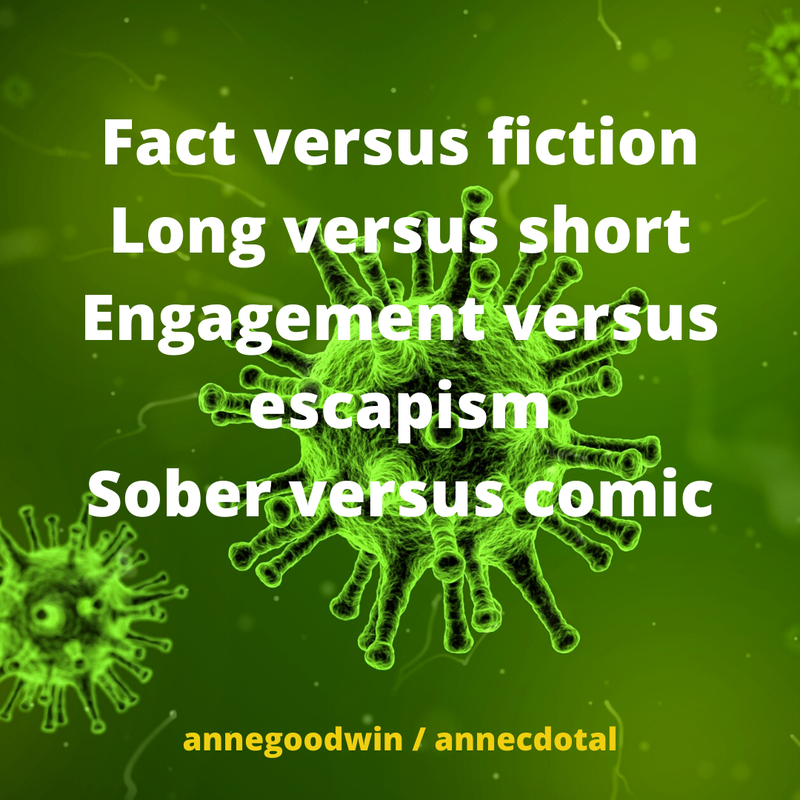
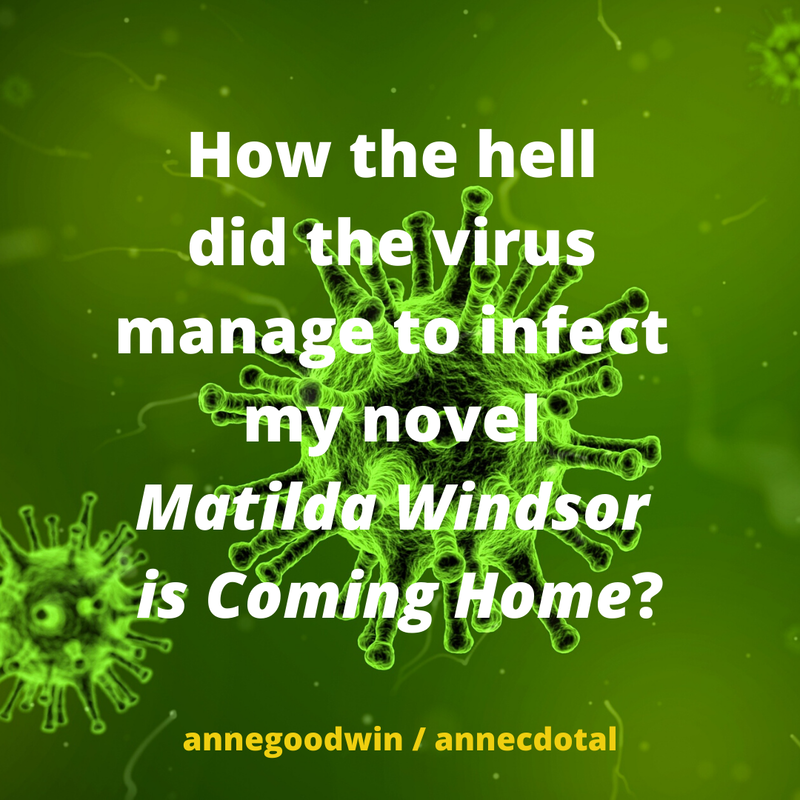
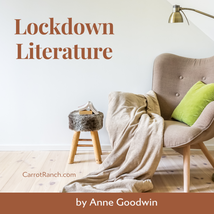
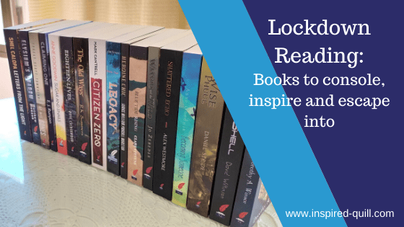
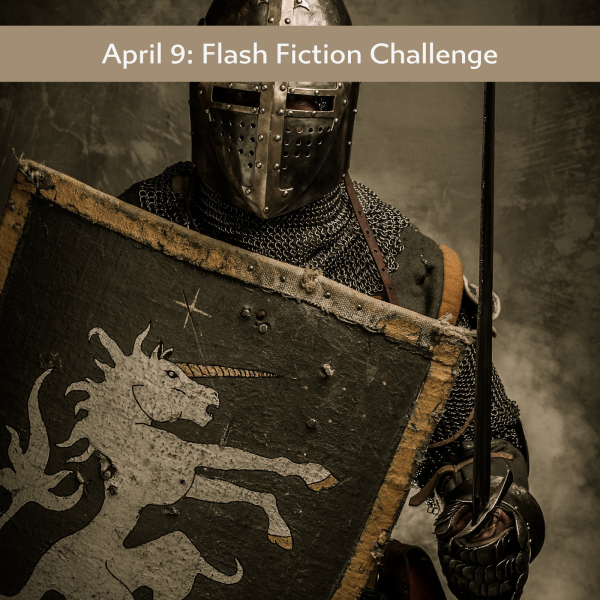





















 RSS Feed
RSS Feed





















